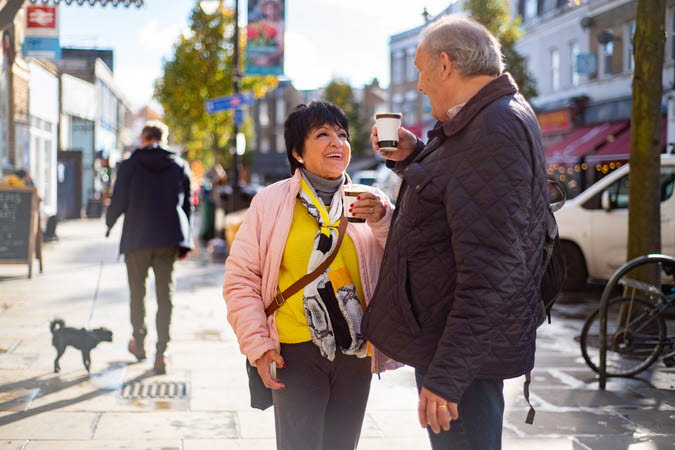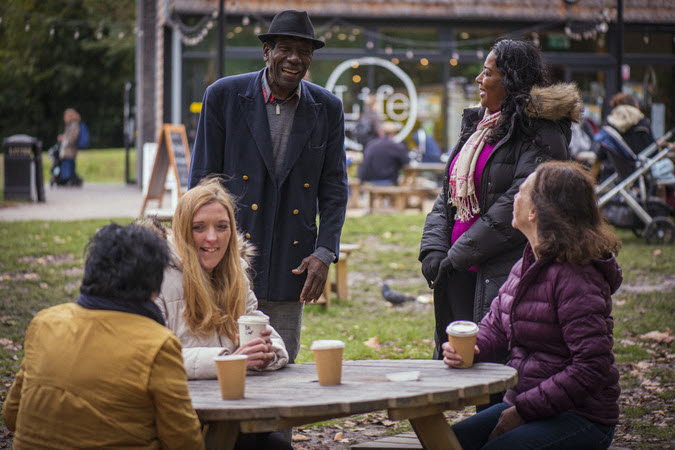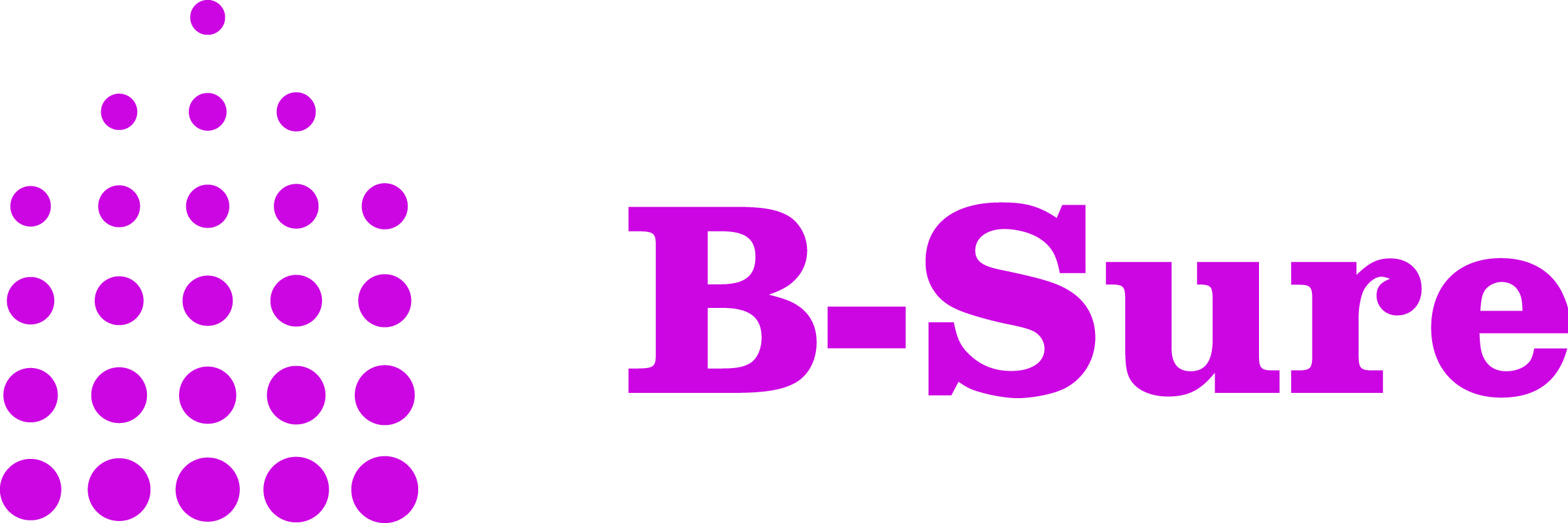
What is B-SURE?
This project aims to produce conceptual models of built environments to support rehabilitation and recovery after stroke. The project addresses the fundamental transformation of healthcare to provide care and rehabilitation, close to the person or at home. i.e., local healthcare. We need to explore how the built environment can support these exciting new care policies and enhance a person’s potential to live an active life.
How will it work?

The project has three phases. The process will be iterative, enabling an accumulation of knowledge and increased common understanding between actors and researchers and contribute to a solid knowledge production. The objective of phase one is to identify important factors and characteristics of the built environment for rehabilitation. Based on the results from this phase, the objective of phase two will be to co-design prototypes of environments to support the rehabilitation process for people with stroke. Finally, phase three will evaluate the prototypes obtained with the co-design process.
The project is carried out with participation co-design and includes literature studies, interviews with stakeholders, prototype development and testing.
What's going on right now?
At the moment the project is in phase one. A review on the factors in the home or in the built environment supporting rehabilitation and recovery after stroke is in progress. We are also working on a concept mapping study, which entails engaging various stakeholders (persons with stroke, significant others, healthcare staff, managers responsible for stroke rehabilitation and architects and working within healthcare contexts), in mapping conceptual areas related to the built environment's importance for home rehabilitation. We have also conducted an interview study to identify crucial factors for promoting the rehabilitation process of people with stroke and their families within the built environment.
In June 2023, Marie Elf participated in a Strokeförbundet conference, where she gave a presentation: "From needs to solutions", focusing on person centered support after stroke.
Background to the project
There is a fundamental transformation of healthcare where care and rehabilitation aim to be provided outside the specialized hospitals closer to the person and often also at home i.e., local healthcare (Nära vård). This new policy is not only a challenge for people with complex healthcare conditions but also for the planners of our communities and healthcare services.
Rehabilitation at home can support the health and well-being of people with functional limitations such as stroke, but we also see evidence of society being unprepared to fully support this. Surprisingly, little attention has been given to how the built environment can support the rehabilitation and people's health and their ability to live an active life.
To address this, we need both knowledge of important aspects of the environment for the rehabilitation process and innovative new models. We assume this can be created with efficient collaboration between various actors such as the users, regions, municipalities and the building sector. Our overarching aim is to produce knowledge of requirements on rehabilitation-supportive built environments as a result of the transformation to local healthcare. This can constitute the basis for strategic planning and actions for socially sustainable community environments.
Research Team

The B-SURE research team is an interdisciplinary team with experience in rehabilitation, architecture, urban planning and environmental psychology. It is a collaborative project with researchers from Dalarna University, Lund University and Skånes university hospital in Sweden, University of Twente in the Netherlands, Melbourne University and Western Sydney University in Australia.
Research Team members are:
Dalarna University:
Tony Svensson, Senior Lecturer Construction Technology
Laila de Vries, Research Assistant, Occupational Therapist, MSc
University of Twente, Netherlands:
Jodi Sturge, Assistant Professor, Interaction Design (external website utwente.nl)
Lund University:
Steven Schmidt, Associate Professor in Medical Psychology (external website lu.se)
Maya Kylén, Postdoc. (external website lu.se)
Lund University and Skånes University Hospital:
Helene Pessah-Rasmussen, Associate Professor (external website lu.se)
Florey Institute of Neuroscience and Mental Health, Melbourne, VIC, Australia:
Professor Julie Bernhardt, Professor (external website florey.edu.au)
The MARCS Institute for Brain, Behaviour and Development, Western Sydney University, Westmead, NSW Australia:
Dr Ruby Lipson-Smith, Postdoc. (external website westernsydney.edu.au)
Financier and Collaborations
The main financier of B-SURE is FORMAS.
B-SURE is in collaboration with Byggdialog and Region Dalarna.
